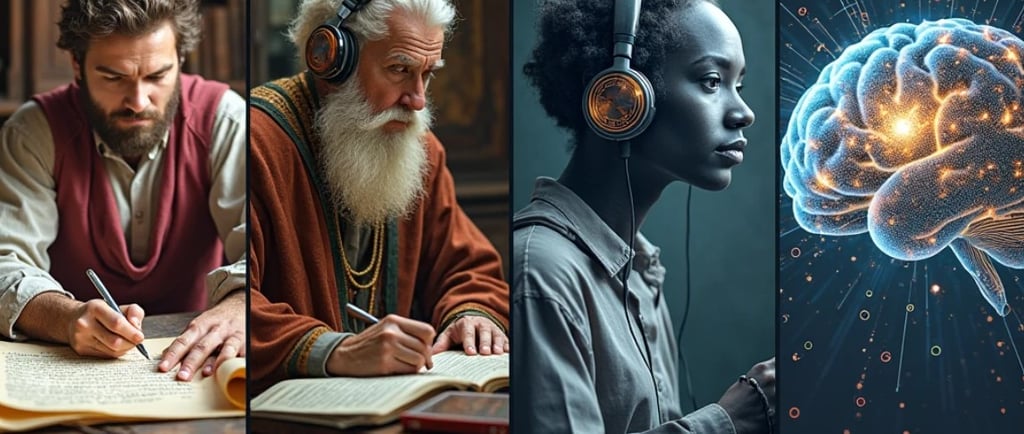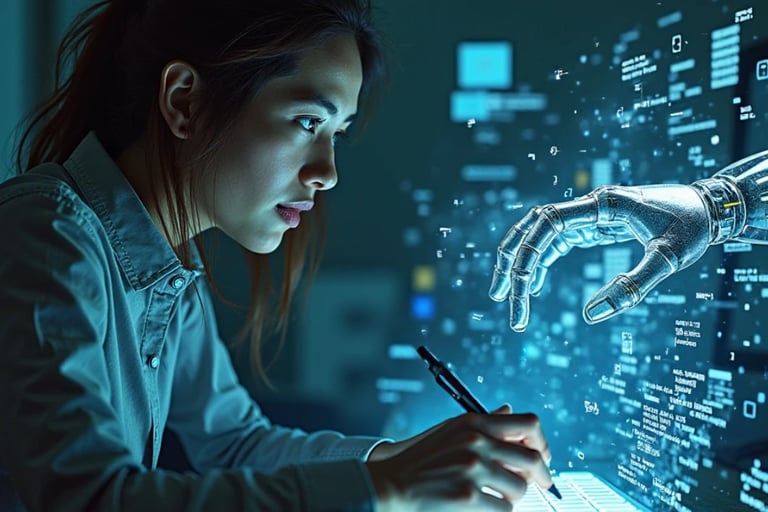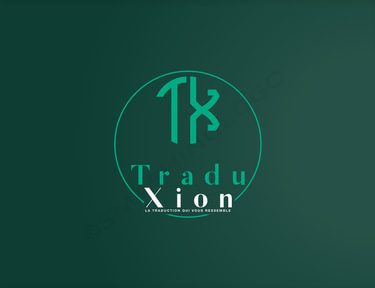The Babel We Built: How Translation Has Shaped Civilizations
This article explores the evolution of translation from ancient scribes to AI-powered language models. It reflects on how translation has shaped culture, identity, and connection across civilizations—and raises key questions about its future. Are we witnessing the end of traditional translation, or the beginning of its most transformative chapter yet?
Jephte Bikoul
5/25/20251 min read


The most potent transformative forces in language are not just about how we speak or write—but how we understand each other across boundaries.
We are a translating species. Translation is how we carry meaning across not just words, but worlds. It’s how we’ve preserved ancient myths, spread religions, waged wars, built alliances, shared scientific ideas, and told each other who we are.
The earliest translators were cultural bridges. Scribes in ancient Mesopotamia translated Sumerian into Akkadian to keep knowledge alive. Greek scholars translated Egyptian and Babylonian texts. Later, during the Islamic Golden Age, Arab translators preserved Greek philosophy—and in so doing, preserved the West’s intellectual heritage. These weren’t just acts of linguistic fidelity—they were acts of world-building.
The invention of the printing press didn't only multiply texts; it multiplied translations. Suddenly, Luther's Bible could travel. So could Enlightenment ideas, revolutionary manifestos, and colonial languages. Translation became a tool of both liberation and domination.
The rise of radio and cinema dubbed our voices into other tongues. It introduced accents and idioms to new ears. Stories once confined to one people were reinterpreted and relived by others. In the background, a quiet shift: translation was becoming global, and with it, identity more fluid.
Then came the internet. Digital platforms brought forth a Babel of languages—and with it, machine translation. For the first time, humans no longer had to mediate all translation. But this wasn’t a loss; it was an expansion. Human translators shifted from being mere converters to cultural editors, voice finders, and meaning mediators. New roles emerged: localizers, transcreators, subtitlers, and multilingual community builders.


The rise of radio and cinema dubbed our voices into other tongues. It introduced accents and idioms to new ears. Stories once confined to one people were reinterpreted and relived by others. In the background, a quiet shift: translation was becoming global, and with it, identity more fluid.
Then came the internet. Digital platforms brought forth a Babel of languages—and with it, machine translation. For the first time, humans no longer had to mediate all translation. But this wasn’t a loss; it was an expansion. Human translators shifted from being mere converters to cultural editors, voice finders, and meaning mediators. New roles emerged: localizers, transcreators, subtitlers, and multilingual community builders.


Services
Support
Newsletter
infos@traduxion.online
+237 679490108
© 2025. All rights reserved.
How we work
I authorize the processing of my personal data pursuant to Legislative Decree 196 of 30 June 2003 and art. 13 GDPR (EU Regulation 2016/679)
